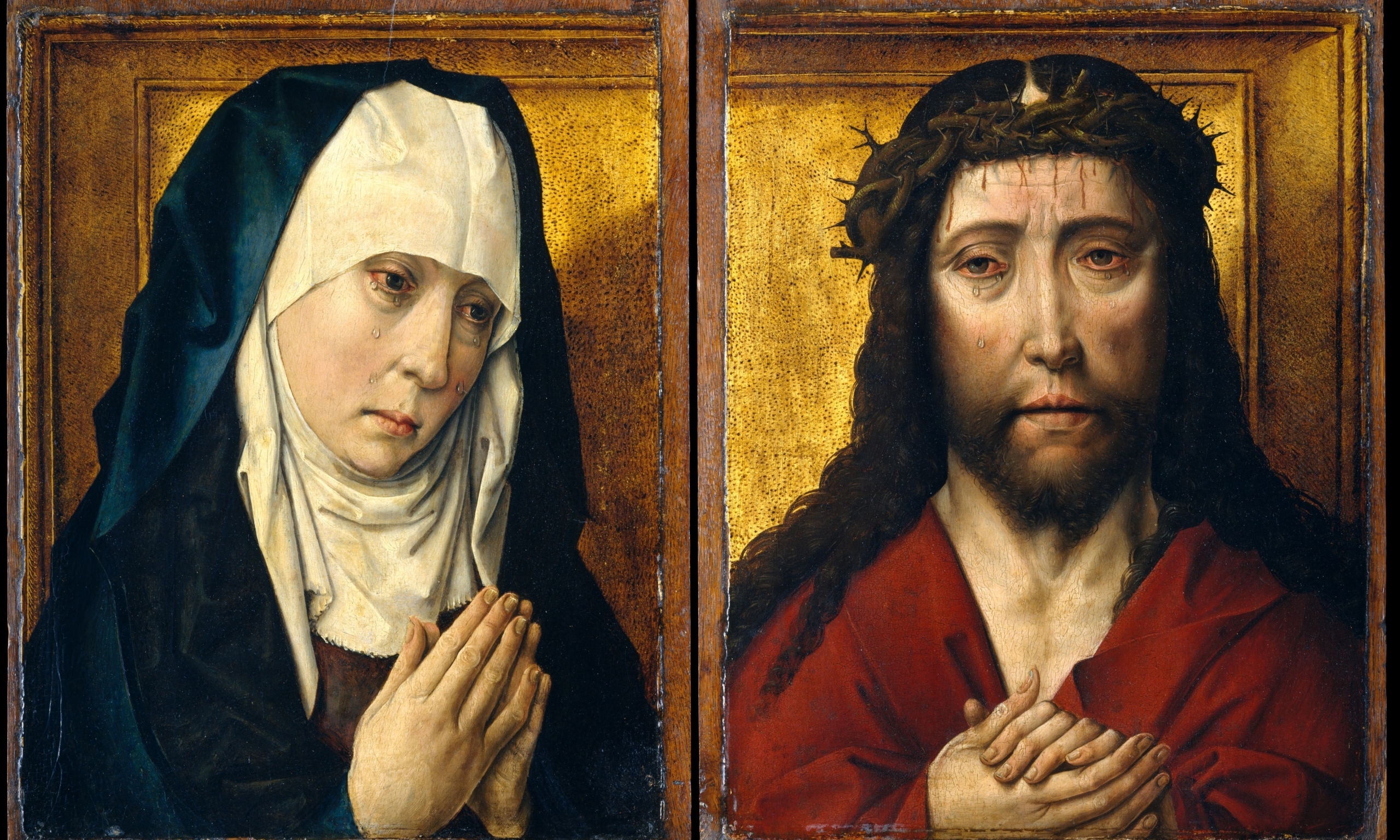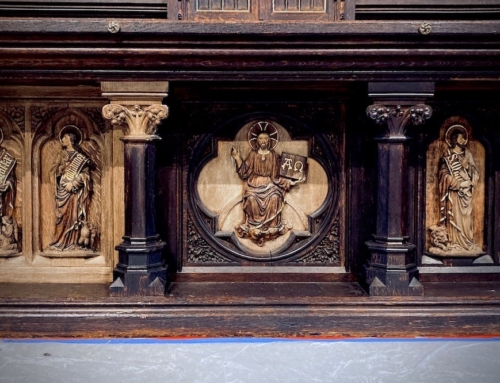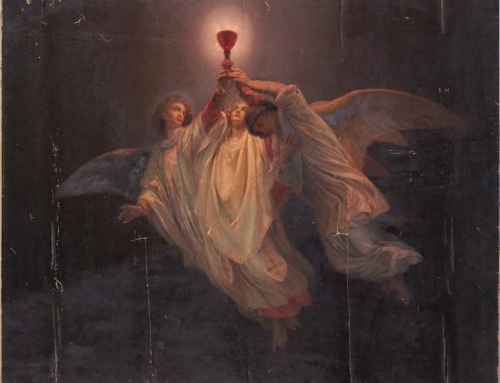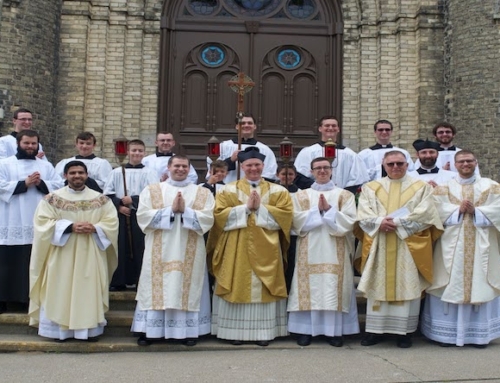I am not a mother, nor do I have the capacity (as a man) to fulfill that dignified office in the real order. I am nonetheless told that most of the material written or compiled about motherhood is often found wanting; which is to say, it leaves something (and sometimes everything) to be desired. And this opinion is invariably held by most Catholic mothers I know, if expressed by only a few who have read the literature with a discerning eye.
According to these same mothers, the most difficult aspect of motherhood (and parenting in general) is the internal angst that results from watching a child—namely, their child—suffer. Regardless of why or even how their child is subjected to pain and suffering, mothers are indelibly affected by their child’s plight. I think here of my own mother, whose experience of suffering is at least similar to, if not emblematic for, the suffering of others. For I know that my mother has undergone indescribable pain, a real piercing of the heart; and this, on account of the afflictions and personal demons that tried me and my siblings throughout the years. Time and again, our sufferings became the underlying reason for hers.
On the whole, most of the material written or compiled about motherhood fails to take into account this dynamic of suffering between mother and child. Consequently, there is a real need to address this lacuna in writing so as to help other mothers, most especially new mothers, understand this experience in the light of faith. To this end, I asked some Catholic mothers I know for advice on how to best approach this dynamic of suffering between mother and child—advice that would be of assistance to mothers now, in the modern world. And they happily obliged.
Much to my surprise, this group of Catholic mothers responded with a ringing endorsement of a little known book on motherhood. This book, they claimed, adorns not a single library in the world, even though it contains the perfect answer to every question about that dignified office. They also described it as having a timeless perspective on the dynamic of suffering particular to mother and child. This beloved book of theirs, so often ignored and forgotten by the masses, bears but a simple title: Mary.
Mary, so they said, is a living, breathing book on motherhood that never disappoints. And why is that? Well, no other book can eclipse what Mary is able to teach women about motherhood, because it is only in Mary that we find a woman who exercised and continues to exercise the maternal office perfectly. For this reason, every other book on the topic of motherhood will inevitably leave something to be desired. In fact, it is only in the person of Mary that mothers will find a mirror in which their own motherhood can truly and really be measured.
On the topic of suffering, identified earlier as the most difficult aspect of motherhood, Mary proves that she is the mothering book par excellence. For despite being the perfect mother, Mary was not exempt from that dynamic of suffering particular to mother and child. Rather, Mary underwent the greatest suffering a mother could possibly undergo when she beheld the death of her Son, the God-man, upon the Cross. It is here that this group of Catholic mothers were especially clear: “To be a mother is to suffer.”
To those mothers who grieve at the sight of their suffering child, the book of Mary presents them with nothing more and nothing less than the Cross. It was there (at the Cross) that Mary stood alongside her Son, in spite of the ignominy that was his. It was there that Mary kept watch and did not abandon her child, while others turned and fled. It was there that Mary prayed and did not lose hope for her little boy; and this, after she heard him breathe his last. Suffice it to say, Mary suffered as a mother. She knows the pain; she knows what it feels like to watch a child suffer.
All mothers have an advocate in Our Lady of Sorrows. They too can learn from her perfect example, her unyielding fidelity to her Son.
✠
Image: Posthumous Workshop Copy after Dieric Bouts, The Mourning Virgin; The Man of Sorrows







